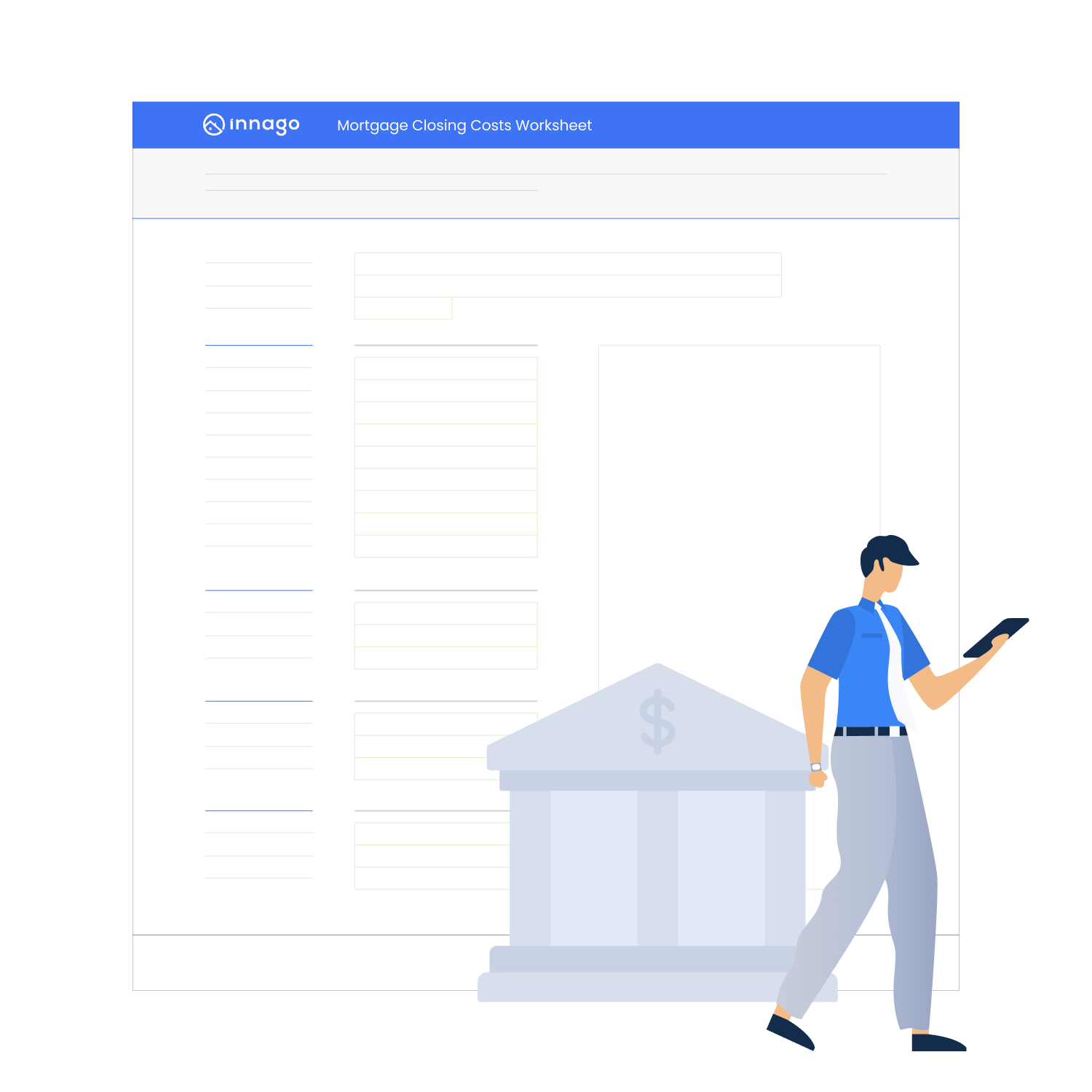Track and Understand Closing Costs
Closing costs can add thousands of dollars to your home purchase, but many buyers don't fully understand what they're paying for. A mortgage closing costs worksheet helps you track all fees, understand each charge, and budget accordingly.
Our free mortgage closing costs worksheet provides a comprehensive checklist of typical closing costs and helps you prepare for the final step in your home purchase.
